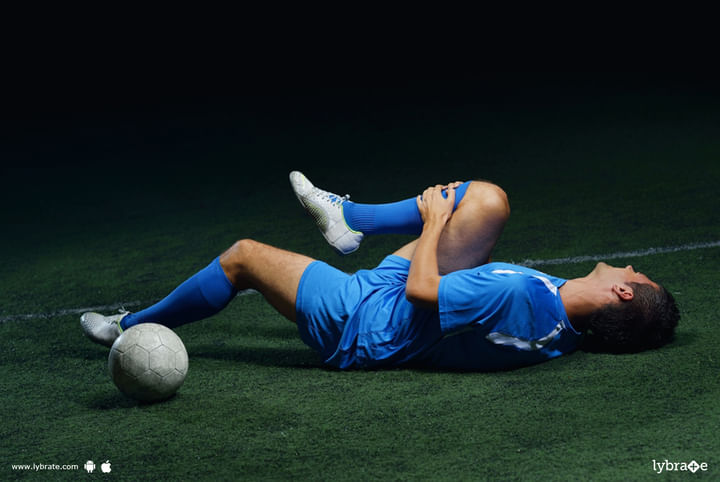Athletic Injuries - How Effective Is Psychological Rehabilitation As A Line Of Treatment?
Injuries are an inherent part of sports. All athletes have sustained some injury or another during the span of their careers. No matter which sport you play, be it football, hockey, tennis or cricket, whether you are representing your country or your college, you are likely to get hurt at some time. An injury has the potential to end careers and ruin dreams. That is because the injury takes a toll not just on the body but the mind as well. It instils confusion and hesitation and sometimes after an especially traumatic accident, athletes find it difficult to return to practice because they are crippled by a sense of fear.
That is why along with treatment or surgery, a sportsperson also needs to undergo rehabilitation therapy.
Why Psychological Rehabilitation is Important?
After suffering a serious injury that almost jeopardized their career, athletes suffer a wide range of psychological and physical challenges, which makes them retreat from the outside world. These are problems they would not be able to cope with unless they opt for rehabilitation programmes.
• It helps them accept that getting back to the game will be a mammoth task
• Inspires in them the confidence to keep trying
• Deal with the pain
• Go about their practice sessions with as little discomfort as possible
• Overcome feelings of fear or despair
• Cope with depression
• Prevents the person from sinking into a state of self-pity which hinders recovery
• Look at the injury not as something that might put an end to their career but as a mere impediment in the path to success
Psychological rehabilitation adopts a wholesome and expansive approach to healing the athlete. It takes into account several factors in chalking out a course to recovery that is individualistic –
• The personality- the toughness, determination, will power of the athlete, ability to deal with anxiety
• Medical history- past injuries or illnesses
• Resources of coping- the athletes’ support system, a network of friends and family, management of stress, treatment and medicines etc
Psychological rehabilitation also takes into account the individual’s response to therapy to ensure that it is as effective as possible. These are –
• Cognitive appraisal - Monitors a person’s growth or decline in self-esteem or worth as well as confidence. The aim of rehabilitation is to restore the person’s faith in his/her capabilities
• Behavioural response - This ensures that the individual’s behaviour shows traces of denial or avoidance because negativity will only delay recovery
• Emotional response - The profile of Mood States (POMS) is utilized to analyze or gauge the person’s emotional reaction to therapy. It is supposed to uplift the athlete mood and deal alleviate feelings of despair or hopelessness. Medicines and physiotherapy become more successful in treating a sports injury when coupled with psychological rehabilitation.



+1.svg)
